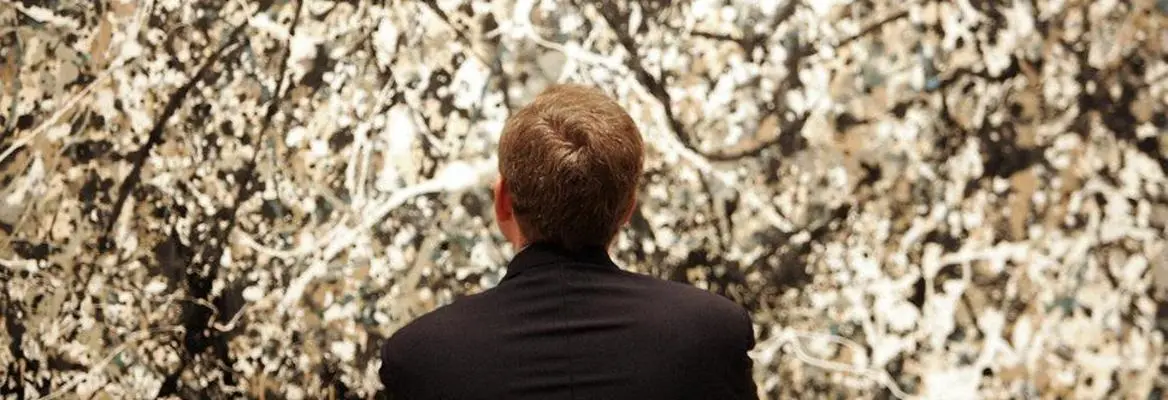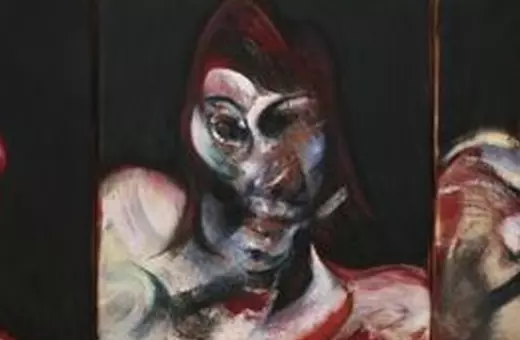An article entitled ‘Psychology vs. philosophy: Beauty requires thought’ in Medical News Today reports that:
'In the 18th century, the philosopher Immanuel Kant laid out a couple of theories on beauty - in fact, he is still considered the preeminent authority on the topic. He theorized that beauty requires thought, but that sensuous pleasure can never be beautiful. Although the claims, at face value, appear challenging to approach scientifically, a study published in Current Biology goes some way toward testing them.'
Given the framing of the issue as a confrontation, a response from the other side seems in order. In a culture where scientific claims of almost any kind can generate widespread, often uncritical attention, and where the humanities are under increasing attack, it is worth considering an exemplary case of what happens if you ignore the humanities.
The history of the relationship between psychology and philosophy is illuminating but highly contentious. The reason is in one respect quite straightforward: psychology, unlike physics and chemistry in particular, is inescapably confronted with questions concerning how the notional line between nature and culture is drawn, a line often investigated these days in terms of the ‘natural’ and the ‘normative’. This line is a major philosophical concern, especially from Kant onwards. Whereas the physical sciences deal with what Charles Taylor refers to as ‘independent objects’, psychology cannot avoid issues to do with human meaning. (Sartre’s Sketch of a Theory of the Emotions shows this very effectively.) Experiments concerning physical objects often successfully isolate key phenomena and come up with warranted explanations of these phenomena, because the objects in question can be seen independently of their possible human meanings and evaluations. When the object in question is inseparable from human meanings, as is the case with ‘beauty’, a whole series of other issues come into play. It would seem vital in this case, then, that careful attention to the meaning of the term being investigated be part of the investigation.
___
"We may often use ‘beauty’ in a loose sense, for certain kinds of pleasure with respect to objects, but if the aim of a scientific investigation is to find out about one of the crucial aspects of how the world can make sense to us, using appropriate discriminations is important."
___















Join the conversation